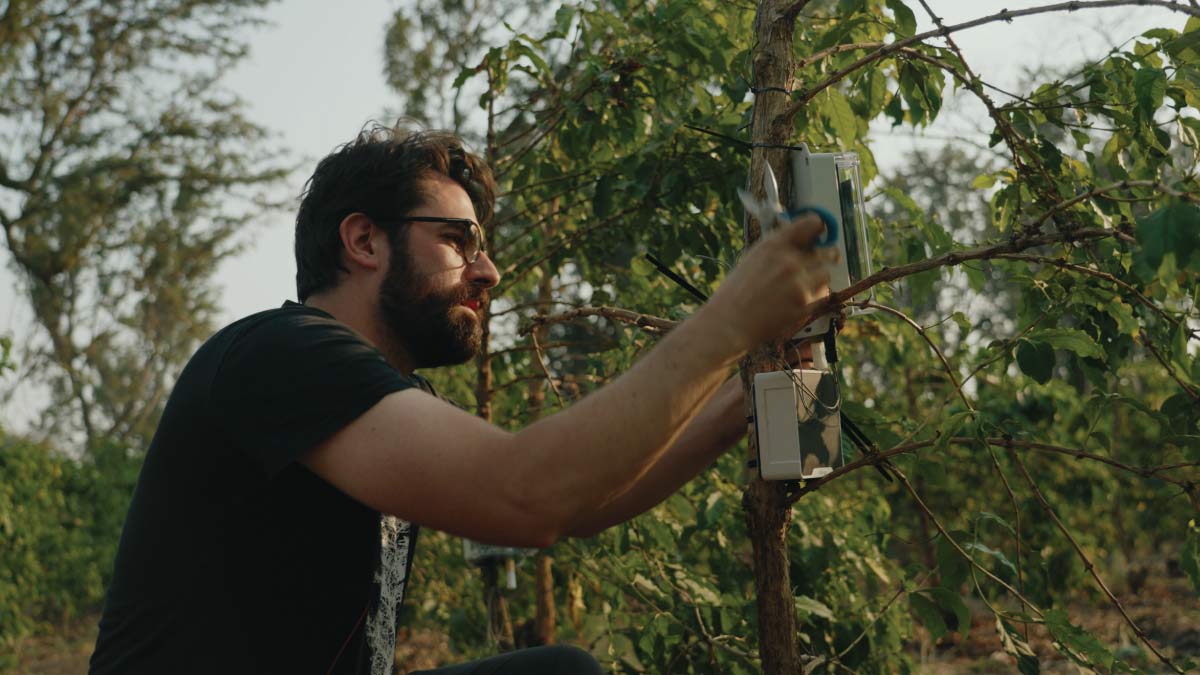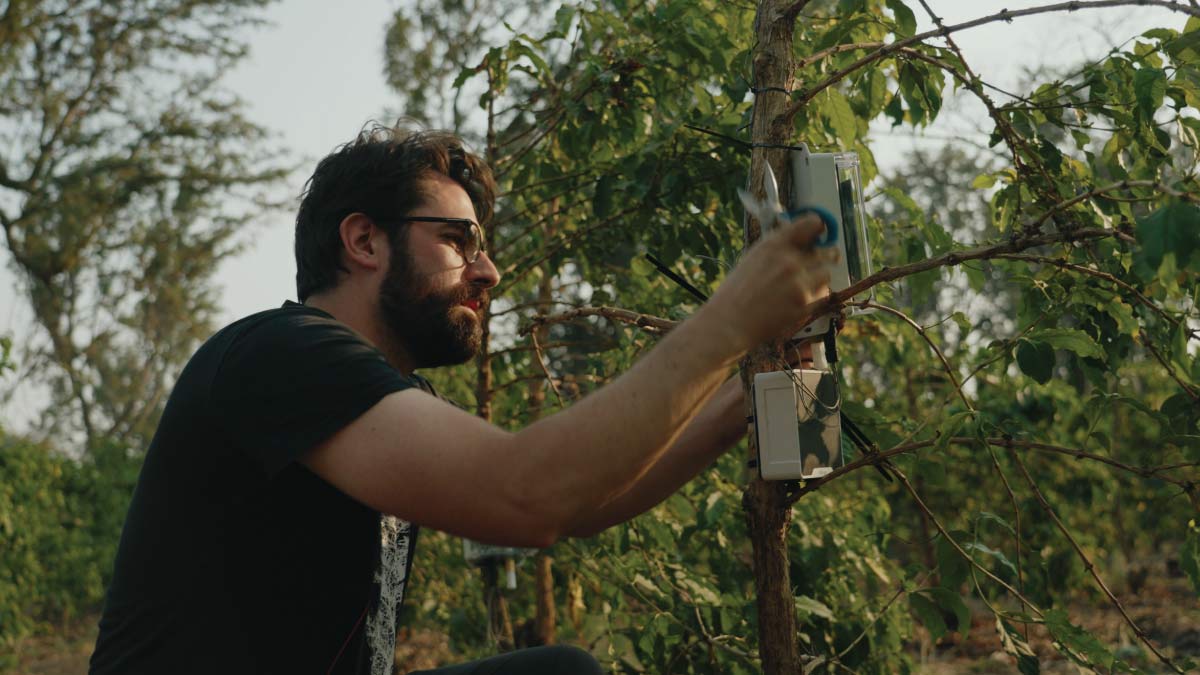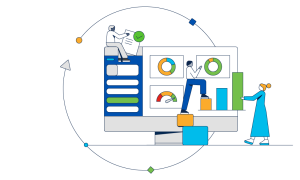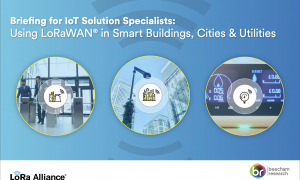

Cisco solutions help coffee growers and plant researchers innovate the future of agriculture in climate-stricken regions

Source: Cisco.com
By Kevin Delaney
There’s nothing like a steaming hot, morning brew to start the day. But before it reaches your table, its journey begins on a coffee bean farm — often in the developing world and, increasingly, impacted by climate change.
To explore more sustainable solutions for coffee farming in challenging environments, Cisco is partnering with the ConSenso Project, a unique coalition of Tanzanian espresso farmers and Italian plant and technology researchers — with the goal of using the Internet of Things (IoT) to “listen to the plants.”
What’s emerging is a solution that could be economically beneficial for the growers, better for the planet, and excellent news for coffee lovers everywhere. Because getting the growing conditions right, even where water is an increasingly scarce resource, is critical for coffee with the right balance of sweetness and acidity.
“Due to climate change, the growers in Tanzania are facing a reduction in the rainy season,” said Dr. Camilla Pandolfi of PNAT, a think tank of plant scientists and technology designers based in Florence, Italy. “So, they are irrigating to ensure that the plants flower at the right time and give the beans time to ripen. That means a lot of water is used.”
To help farmers know when to irrigate and how much, among other things, technology is helping.
The Tunasikia Farm in Utengule, Tanzania, has been fitted with 65 solar-powered Internet of Things (IoT) sensors that capture a wealth of data on soil, sun, climate, carbon capture, insects, and the plants’ electrical energy fields, which can reveal their well-being and needs. After preliminary on-site analysis, the data — six months’ worth so far — is sent to Florence for further study, with support from Cisco networking, security, and cloud technologies.
A solution that’s scalable and good for business
“We are addressing many challenges and potential advantages,” said Angelo Fienga, Cisco’s director of sustainable solutions for Europe, Middle East, and Africa (EMEA), “for example, preserving the soil and saving water. But equally important is helping the farmers grow their businesses sustainably. Because the social and economic aspect is highly relevant to the success of the project.”
Tanzania is among the 20 largest coffee-producing countries in the world. So, helping the farmers navigate through challenging conditions is essential to their success and that of the nation.
Moreover, the technologies employed in Tanzania could be scaled in other regions.
“Many developing nations grow coffee — in Africa, South and Central America, Southeast Asia, and other places,” said Massimo Battaglia, coffee research leader at Accademia del Caffè Espresso in Florence, another ConSenso partner. “And we would like to propose this kind of solution around the world.”
Battaglia’s parents were olive growers, so he has a special connection to the plight of farmers. Many coffee farms around the world, he stresses, are smaller operations run by families.
“It’s my dream,” he said, “for this technology to help the families have a better standard of living. The value chain for coffee is long and complicated, but the first part — the growers — is sometimes neglected.”
Diverse talents for a common commitment
In order to capture large amounts of data, then transfer it seamlessly and securely over thousands of miles, Cisco solutions are essential. Cisco LoRaWAN, a radio-transmission technology known for its long-distance data transmission and low-power consumption, is among the solutions helping connect the sensors while enabling local, preliminary data analysis. Cisco cloud and LTE technologies further support the secure transfer of data to Florence and back. And Cisco Webex enables real-time, secure collaboration between project members in Tanzania and Florence.
“The technology permits us to understand the language of the plants,” said Michele Festuccia, senior systems engineer manager for Cisco Italy. “This is amazing to me, and it’s a perfect solution to help the farmers have a more sustainable footprint and the best success.”
At the same time, the research is studying the ability of coffee plants to store carbon dioxide (CO2), thereby preventing it from entering the atmosphere.
“We are thinking that along with other reforestation efforts around the world,” said Festuccia, “coffee plants can have an impact on climate change.”
Pandolfi believes that coffee plants and carefully chosen shade trees could be particularly good at capturing carbon, but more research is needed.
“We are now developing our models and dashboard for monitoring carbon,” she said. “We have some estimates, but this will be another quite interesting output of the project. We want to demonstrate how coffee farming can store CO2 and help remove it from the atmosphere.”
From helping local coffee growers to sequestering carbon to fight climate change, the ConSenso Project represents a diverse set of possibilities and, as Battaglia stressed, a very successful mix of partners.
“We have the knowledge about coffee,” he said, “we have the economic side, we have the technology of the sensors, and we have Cisco with the network and technology of the cloud. And we all have the conviction. In the end, it’s a perfect marriage.”
All are looking forward to June — when the first months of data insights will be fully assimilated and shared — as well as the next phases of the project.
“The researchers want three full growing seasons from which to really understand the plants,” said Festuccia.
Looking ahead, Fienga is excited about what more can be accomplished with additional technologies like artificial intelligence.
“Through the use of our Cisco technologies and connectivity, we can transfer huge amounts of data,” he said. “AI, if properly trained, can extract insights from that data in ways that humans cannot. And that applies anywhere you have massive amounts of data, including from plants.”
Deploying these solutions beyond coffee is another key goal, especially as climate change continues to upend agriculture in the developing and developed worlds alike.
“Monitoring the needs of plants has many implications for other crops,” Pandolfi explained. “We are based in Italy, so for us olive oil production and wine are top of mind. But they are just two examples. We could train the system on the biophysical parameters of other important crops.”
Or as Battaglia concluded, “We just need to listen to the needs of the plants.”















